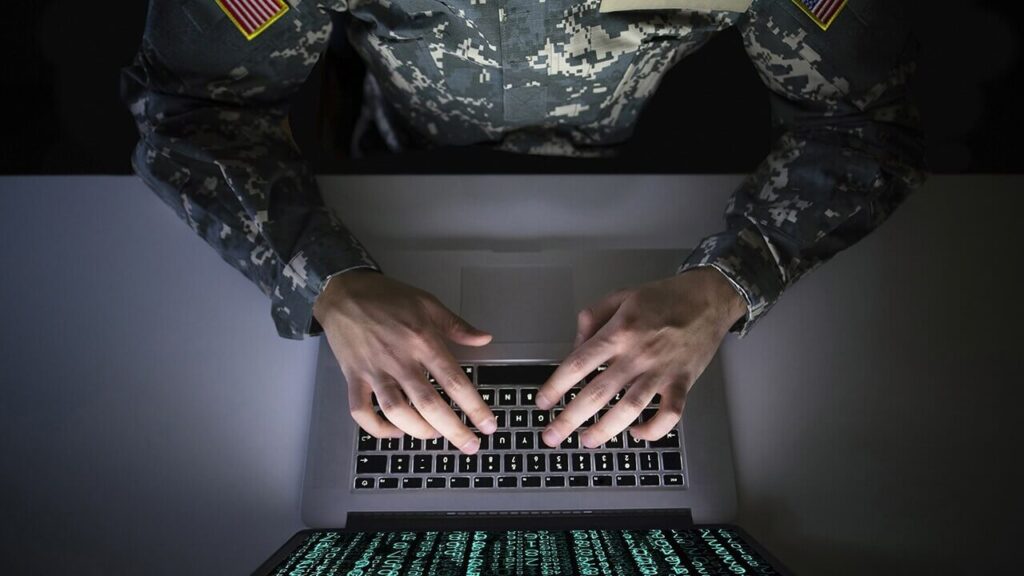Getting CMMC Certified in Miami, Florida (FL)
This certification is intended to resolve problems within NIST’s 800-171 and establish an enforceable uniform safety standard for DoD contractors in Washington DC and Northern Virginia. At present, companies are required to ensure their own conformity with 800-171 by reporting on a current security program that follows these controls and a corresponding program for any unfulfilled regulation.
Nonetheless, this system left a range of vendors with inadequate application procedures that also needed to meet the requirements and place data in danger. Compromised sensitive information has led to a variety of DoD incidents, and they are still attempting to enhance the standard. The CMMC seeks to establish common best practices for all DoD contractors.
With this latest model, the DoD will need approval from third parties. Contractors must have met the requirements for doing business with the government, and must have been accredited. The CMMC is required to define five stages of data protection, from basic steps to specialized procedures. These varying levels aim to enable contractors to implement the most suitable procedures for their specific work.
How does the new certification impact you?
Any DoD contractors working with controlled, unclassified information will be expected to be accredited through a third-party audit. The DoD is expected to hire a nonprofit corporation to manage the licensing and auditing process, although at present it is not clear which company will be hired or who may be the auditors.
The credential, therefore, extends to all vendors who do business with the DoD. DoD contracts must define in depth the degree of protection needed to achieve certification. The model is intended to be structured in such a manner that most small companies in Washington DC will at least fulfill Tier One criteria. Compliance expenses may also be an allowable cost, so contractors could recover their expenses by attaining the certification.

Why did they do this?
Executive branch agencies — such as the Department of Defense — are required to take specific measures to protect CUI. The rules, federal legislation, and initiatives developed to fulfill this function, however, have historically been ad hoc and incoherent, resulting in many stress points, including:
High costs, competing paths and low returns on investment
These have been repeatedly identified by defense contractor reviews as reasons that contribute to their non-compliance or delay in seeking contracts with the federal government.
Foreign hackers are targeting defense contractors
The rules can not be complied with if they are difficult to understand. These ways of attack are gradually on the rise, just another factor in the decision to introduce the CUI rules.
Department of Security Supply Network Safety (DoD)
Intellectual property depletion in the DoD supply chain reduces our dominance over our rivals and lowers their R&D spending on new technologies;
Self-attestation doesn’t work
Under existing rules, businesses should verify whether they comply with the CUI regulations. Nevertheless, during the audit, some are found to refuse to conform — not that they intend to get away with it, but that they don’t really realize why they’re not obeying one or two rules that do apply to them.

